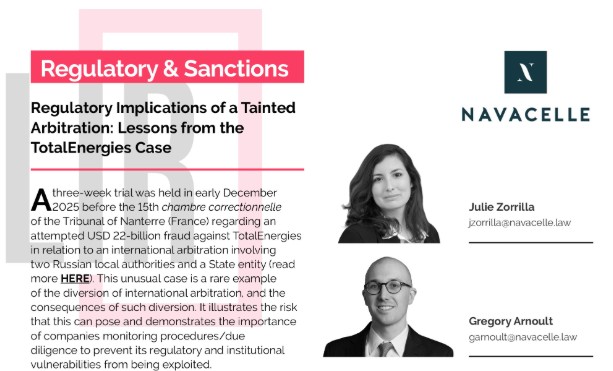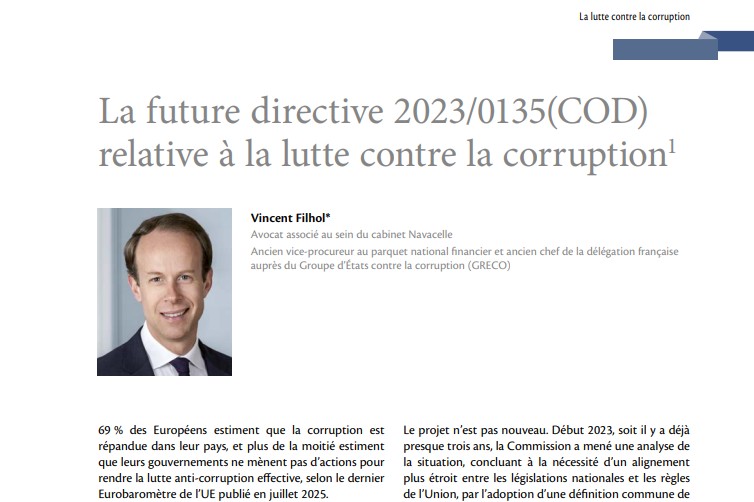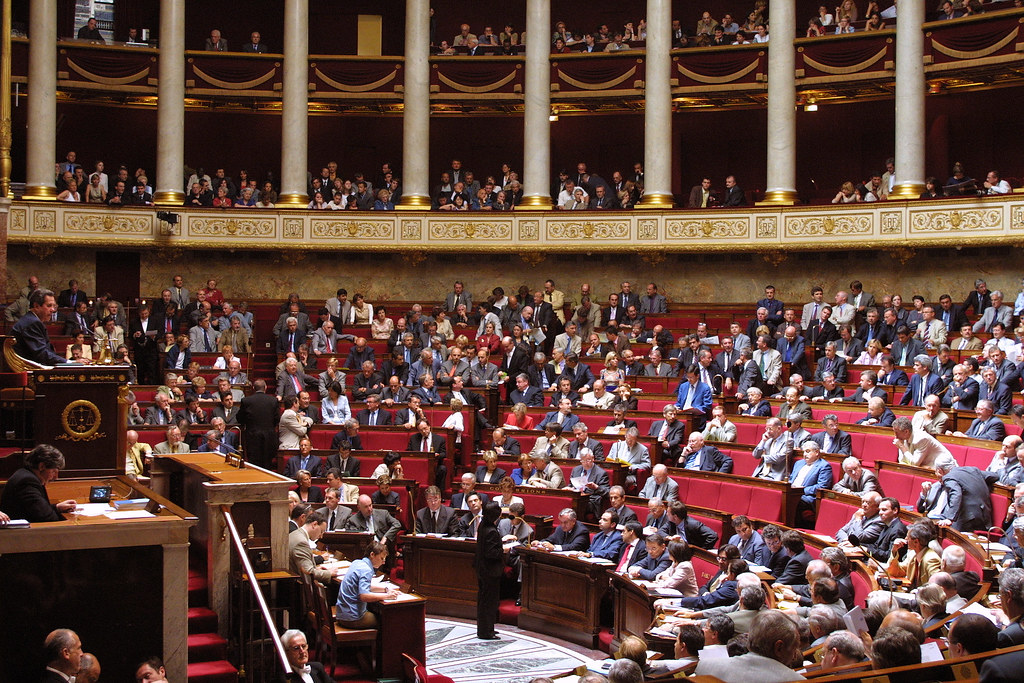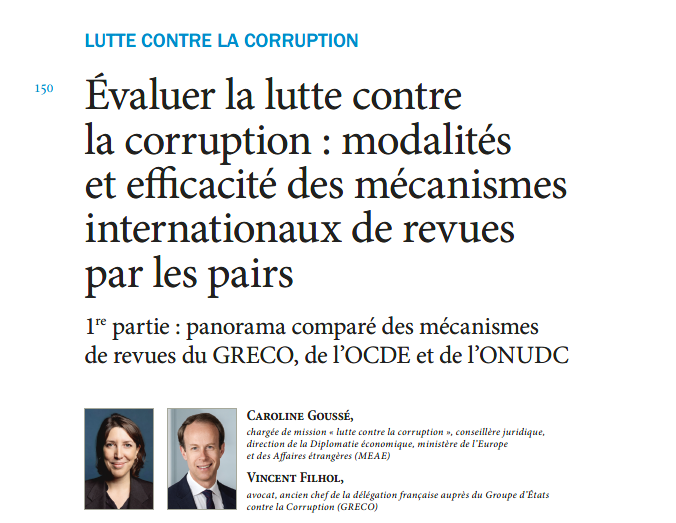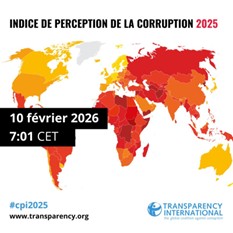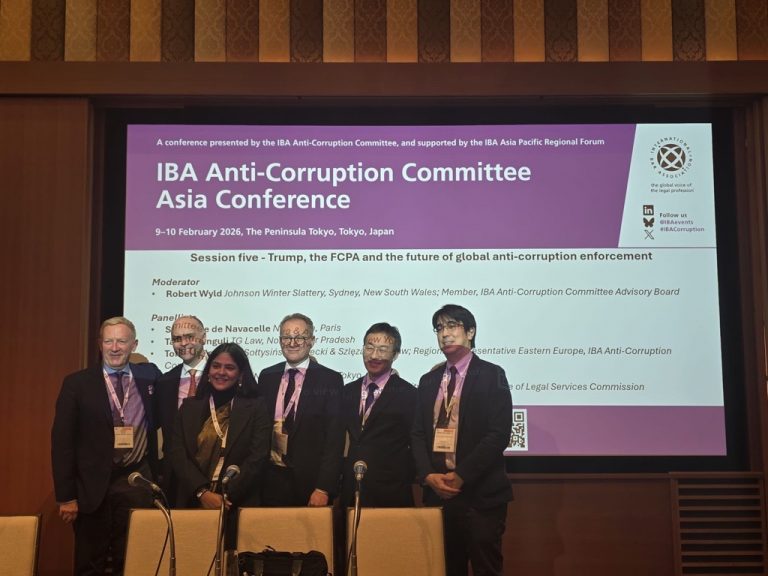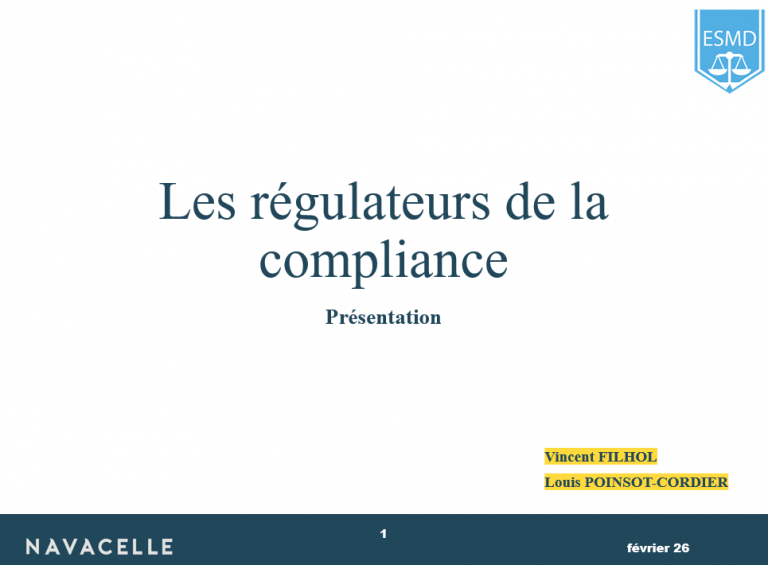The French Blocking Statute (law n°80-538 of July 16,1980, the amended version of the law first passed in 1968) aims at restricting cross-border discovery of information by prohibiting any French party from disclosing commercial information (which may be strategic) whether originating from France or elsewhere in foreign litigation absent of a French court order. This law was only applied once in France in the Executive Life case in 2007 where a lawyer who had sought information for the purpose of American proceedings was fined 10 000 euros pursuant to Article 1 bis of the French Blocking Statute. The US Supreme Court held in the Aerospatiale decision in 1987 that the Blocking Statute does not prevent US courts to require the disclosure of documents during discovery. In addition to this, France signed bilateral agreements such as the Mutual Legal Assistance Treaty (“MLAT”) between France and the United States setting out the rules governing the exchange of information relevant to an investigation which waive the non-disclosure requirements of the French Blocking Statute.
The last decade has witnessed the increase of extraterritorial proceedings especially US proceedings against European companies. Indeed, the Sarbanes-Oxley Act applies the rules of discovery to companies located outside the US. Such proceedings enable American authorities to access strategic information of European companies. The European Union thus decided to implement a protection for its strategic information through the Directive of the European Parliament and the Council on the protection of undisclosed know-how and business information (trade secrets) against their unlawful acquisition, use and disclosure. The European Directive is intended to have a deterrent effect against the unlawful acquisition use or disclosure of trade secrets without undermining fundamental rights and freedom of speech.
France just implemented the European Directive. Indeed, the final Bill, examined by a joint equity committee (commission mixte paritaire) in a fast track procedure (procédure accélérée) was approved by the Senate on June 21, 2018. On June 27, 2018 the opposition referred the case to the Constitutional Court.
The French legislation implementing the European Directive forbids unlawful acquisition use or disclosure of information meeting the following three requirements : “1) is secret in the sense that it is not, as a body or in the precise configuration and assembly of its components, generally known among or readily accessible to persons within the circles that normally deal with the kind of information in question ; 2) it has commercial value because it is secret ; 3) it has been subject to reasonable steps under the circumstances, by the person lawfully in control of the information, to keep it secret”. The French legislation defines a new legal framework to determine whether disclosing the trade secrets is legal or not. It is worth mentioning that section 4 of the new French legislation enumerates the exception to the protection of trade secrets namely when the acquisition, use or disclosure of information is carried out “for exercising the right to freedom of expression and information as set out in the Charter of fundamental rights of the European Union».
The new French legislation has suffered several criticisms and some NGOs considered that it could seriously jeopardize the public’s right to information by limiting the disclosure of information (as in the LuxLeaks or the Panama Papers case). It should however be highlighted that the joint equity committee (commission mixte paritaire) abandoned the criminal offence relating to the misappropriation of a protected business information whereas the civil fine for strategic lawsuit against public participation was restored.
The efficiency of the protective mechanism implemented by the French legislation could however be challenged in a global context. Indeed, it should be underlined that pursuant to section 4 of the law, trade secret is not protected when the obtaining, use or disclosure of the secret is required or authorized by European Union law, international enforceable treaties and agreements or in the exercise of investigative, sanctioning, authorizing powers of judicial or administrative authorities. This provision can be interpreted as if a request presented by a foreign authority within the scope of a cooperation agreement would be authorized by national law, meaning that trade secrets would not be protected in such cases. The new legislation could therefore be construed as allowing discovery injunctions by foreign courts. Finally, it must also be outlined that the new legislation does not take into account the particularities of common law and can therefore jeopardize its enforcement and efficiency.
